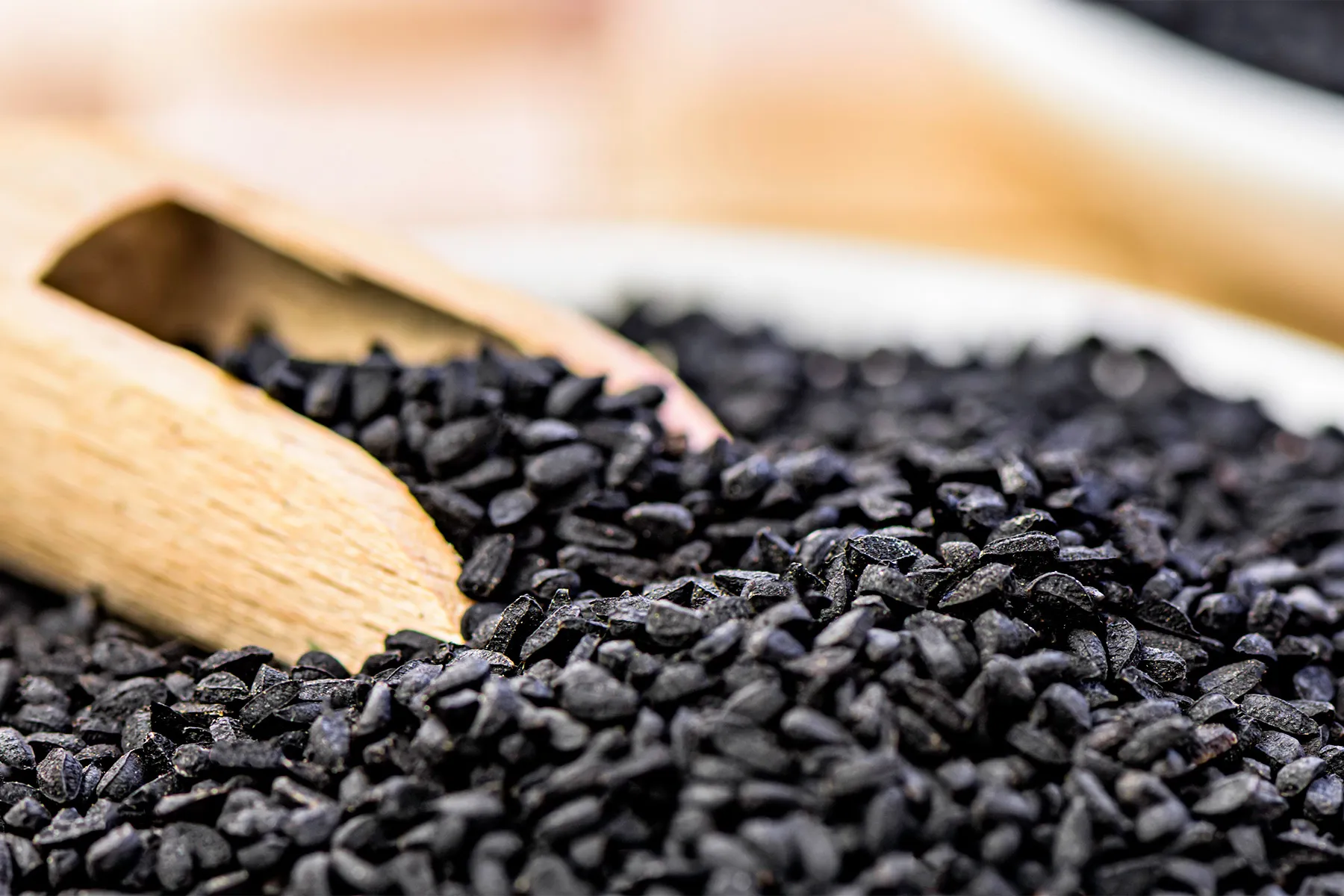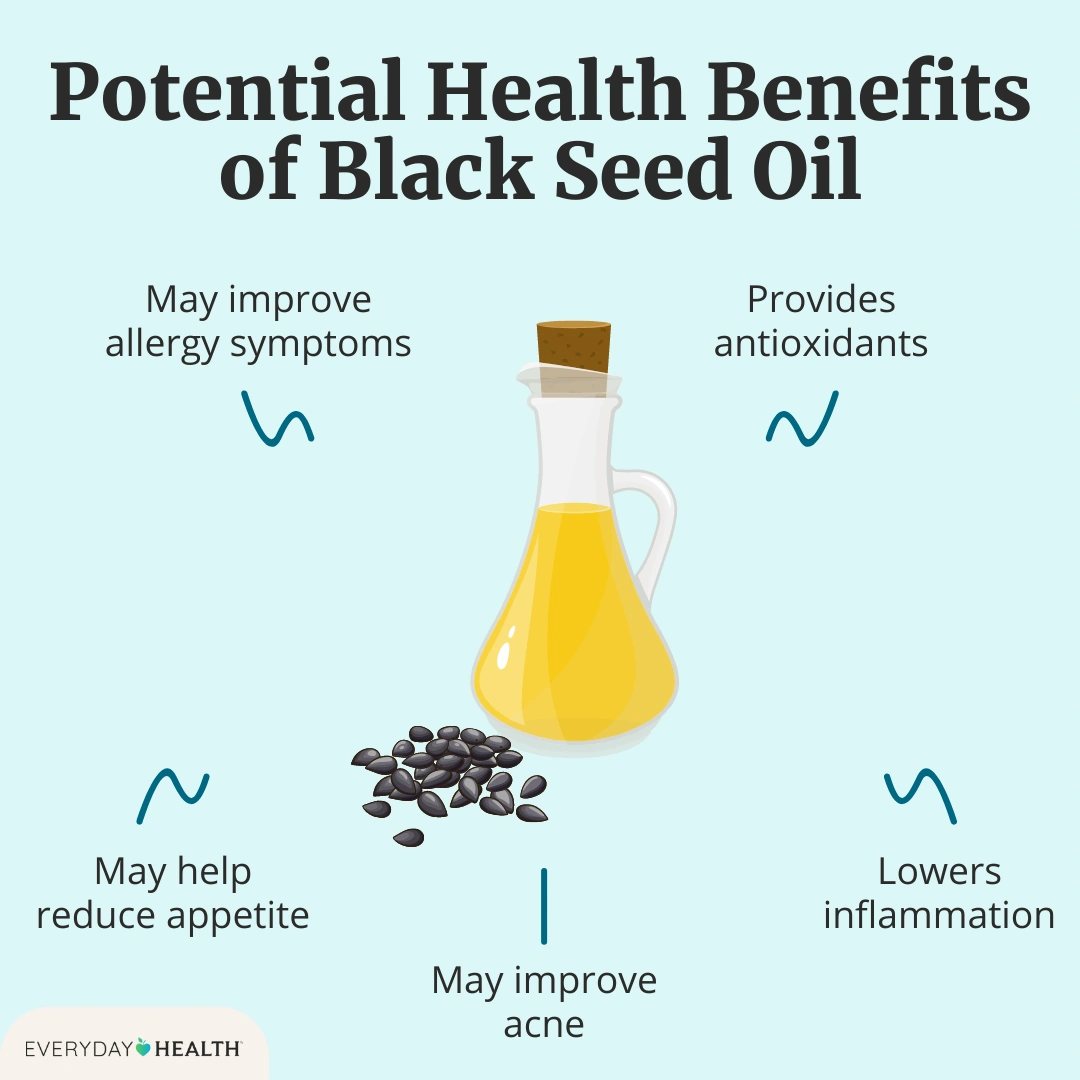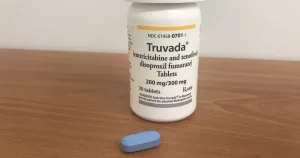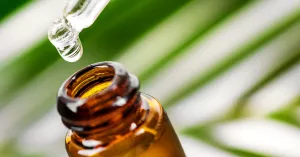Let’s Get Real First
Okay, story time! Picture this: my friend Sarah swears by all things “natural.” (You know the type—if it’s herbal, she’s tried it at least twice.) So last spring, she got her hands on this tiny bottle of black seed oil because she read that it could boost everything from her skin to her, uh, bedroom mojo. Three days in, she was messaging me at midnight: “Is it normal to feel this bloated, or did I just eat too much pizza?” No judgment. If you’ve wondered the same, you’re not alone. So let’s walk through black seed oil side effects together… no sugarcoating, no doom, just real stuff I wish someone had told Sarah—and, honestly, me.
:max_bytes(150000):strip_icc()/GettyImages-1085825486-db076bc9328f411eb4d5f66816e7929f.jpg)
Why’s Everyone Using This Stuff?
The buzz around black seed oil isn’t just hype—this oil, sometimes called black cumin seed oil or Nigella sativa, has been around for centuries. People have raved about black seed oil benefits for immune support, clearer skin, and, yep, even sexual health (hello, hormone balance and energy). You’ll even find folks popping Black Seed oil capsules for easier dosing. But… the “natural” label doesn’t mean it won’t surprise you.
So, Is It All Good? (Spoiler: Not Quite)
Here’s the thing: while the upside can be legit—energy, inflammation, skin support—the list of black seed oil side effects is real, especially when you go past using it as a spice and start chugging it as a supplement. The trick is figuring out where that “sweet spot” is or if your body and black seed oil need a little “it’s not you, it’s me” break.
Tummy Troubles, Anyone?
Let’s rip off the band-aid: the most common black seed oil side effects hit your gut first. Seriously… your digestive system might not throw a party the first time you try it. According to research on black seed oil side effects, here are the usual suspects:
- Nausea (kind of like car sick, but less dramatic)
- Vomiting (rare, but yikes)
- Bloating and abdominal pain (that “did I eat too fast?” feeling)
- Diarrhea or looser stools (fun times…)
Sarah’s trick, by the way? She mixed her black seed oil into yogurt or drizzled it over salad to “hide” that sharp taste and calm her stomach. Sometimes it works—sometimes, not so much. If you’re just starting with Black Seed oil capsules, start small. Your gut (and probably your friends) will thank you.
Wait, Is That… a Rash?
Confession: I’m more of an “on the skin” tester, especially when it comes to mysterious oils. But—plot twist—black seed oil can deliver a surprise there too. Topical use sometimes leads to an itchy rash, redness, or even nasal dryness if you inhale it (it’s true, people try everything). The fix: patch test, always. And, honestly, don’t put it near sensitive spots (looking at you, face and down-there areas).
So if you’re using black seed oil for intimacy or skin, don’t skip the safety check. I learned the hard way after slathering it on my forehead; my skin turned “fifty shades of tomato” for a week. Not my best look.
Bigger Picture: Serious Side Effects You Shouldn’t Ignore
Okay, let’s get serious for a sec—not in a scare-you way, but in a “please don’t scroll past this” way. Most folks never have major problems, but black seed oil side effects can get complicated for certain people.
Allergic Reactions and Breathing Weirdness
Some can’t tolerate black seed oil at all. You might notice swelling, hives, wheezing, or a tight throat—kind of like a bad pet allergy. If you get these, stop right away and get checked out. Don’t play hero.
Hormones and Unpredictable Periods
Here’s where it gets real for sexual health (if that’s your goal): Some women using black seed oil report changes in their cycle—late periods, extra cramping, that sort of thing. Is it common? Not super… but it shows up in forums, and medical sites flag it as “possible.” So if you’re tracking for fertility or hoping to fix your flow, keep notes and ask your doc before going all-in.
I had a client on a hormone-balancing journey who started black seed oil after hearing about the potential Black seed oil benefits. Two months later, she noticed her period timing shifted, and she had strong cramping for the first time in ages. Coincidence? Maybe, but she eased back and things returned to her “normal.” Just goes to show—watch your personal patterns.
How Long Do Black Seed Oil Side Effects Last?
Short answer: usually, not very long… if you recognize them and back off early. Most of the mild ones (the stomach upsets or rashes) vanish after you stop using the oil—think hours to a few days. Bleeding issues or allergic reactions, on the other hand, need attention right away (as in, “talk to your provider” right away, not “wait and see if it’s better tomorrow”…).
| Side Effect | Onset | How Long It Lasts | Tried-and-True Tip |
|---|---|---|---|
| Nausea/bloating | 30-60 minutes | 1-4 hours | Take with food |
| Itchy rash | 1 hour to 2 days | 2-4 days (after stopping) | Patch test new spots |
| Period changes | Weeks | May last cycles | Track, talk to OB if concerned |
| Kidney/liver problems (rare) | Days to weeks | Can linger—see a doctor | Use only recommended doses |
Fun Fact (Sort Of):
Once, I thought a queasy day was just a random “off” day—turns out it was after taking black seed oil on an empty stomach. Next time, I timed it with my smoothie. Way less grumpy digestive system… lesson learned.
Who Should Definitely Pause Before Trying Black Seed Oil?
So, are there people who really just shouldn’t mess with this stuff? Yep. If you’re pregnant or breastfeeding, black seed oil is a no-go in more than just food-sized amounts. The oil can mess with uterine contractions—and, honestly, no one wants to chance complications for a trend.
Kidney or Bleeding Issues?
Recent reports highlight that people with kidney disease or bleeding disorders (or anyone on blood thinners, really) should avoid black seed oil, unless their doctor says otherwise. There’s even a case of someone developing serious kidney issues after heavy use (like, a lot more than a few drops a day).
Who Else Should Hold Off?
- Anyone prepping for surgery—black seed oil can mess with clotting and interact with anesthesia.
- People on lots of meds—diabetes, blood pressure, or “water pills” especially. (Check out what WebMD says about these interactions.)
Honestly, mixing supplements with prescriptions is a “better safe than sorry” zone. Run it by your doc or pharmacist before starting (they’ve seen it all—promise).
Meds and Mix-Ups: Watch Out!
Black seed oil isn’t shy about partnering up with your meds… sometimes to your disadvantage. It can:
- Lower blood pressure or blood sugar too much if you’re already treating those.
- Slow blood clotting—which is fine until you’re at the dentist or having surgery.
- Drop your potassium levels further if you’re already on “water pills.”
(Ever had that “uh-oh” moment where you realize Google might know more than your supplement label? Yep. Let’s not gamble with mixers here.)
Ways to Make Black Seed Oil Safer (and Less Regretful)
You know what gets me? Most supplement bottles scream about the perks but whisper (if at all) about the risks. Here are some tried-and-true steps real people—like actual humans, not robots—use to keep things low-drama:
- Start small. Like, crazy small. Most folks who have bad reactions go big before their body can adjust. Try less than the suggested dose, maybe with food.
- Pick your version thoughtfully. Liquid is potent, capsules are easier to measure—plus, Black Seed oil capsules can save you from that “why does it taste like dirt?” face.
- Patch test first, always. If your skin doesn’t love it, don’t go global.
- If you’re already on daily meds or have tricky health stuff, check with a pro (even if you’re a “never ask for directions” kind of person… we all are, sometimes).

Wait, Is It Ever Actually Dangerous?
Here’s where all the “rare, but” examples hang out. Most people experience at worst a few days of the grumps (and bathroom trips). But taking “way too much”—like several grams a day, for weeks—has led to real problems for a few. Think kidney strain, liver troubles, or low blood sugar you can’t shake. According to research summarized on this SingleCare review of side effects, moderation and paying attention to your body are your secret superpowers here.
Rolling with the Perks (Smartly)
If you’re still reading, you’re probably in that “risk versus reward” headspace. I get it—most natural remedies aren’t all rainbows. Here’s the upside: The same black seed oil that can cause an awkward stomach day can also give your skin and immune system some love, according to the strong tradition and emerging evidence behind Black seed oil benefits.
So if you’re eyeing it for hormone health, sexual wellness, or just chasing that “glow,” be intentional, listen to your body, and track what feels better… and worse. Remember, natural wellness isn’t a one-size-fits-all hoodie. Make it fit you.
Bringing It Home: Your Health, Your Call
So here’s where I leave you (for now): black seed oil side effects? Real, sometimes annoying, and occasionally serious if you push your luck or skip the smart stuff. But for many, with small doses, respect for your own medical backstory, and a willingness to ease in, the side effects are likely to stay small potatoes.
Let your gut be your guide—literally and figuratively. If it feels off, press pause. If it feels great, awesome! And if you notice changes you’re not sure about, don’t be shy about asking the experts (your doc, the pharmacist you see at the grocery store, your grandma who’s “seen everything”).
Most importantly—keep the conversation open. Have you had a win, or a “never again” story with black seed oil? Drop your experience below. Or shoot me a DM—I love hearing how real people actually feel about these things. Here’s to trying new things, but always taking care. You’ve got this!
























Leave a Reply
You must be logged in to post a comment.